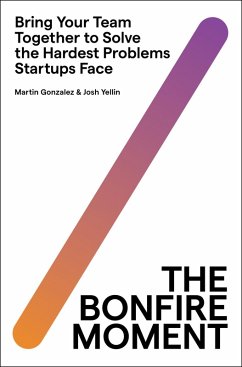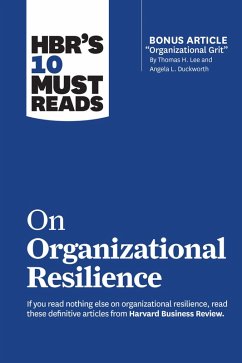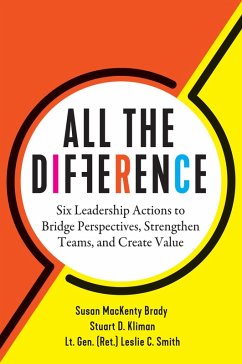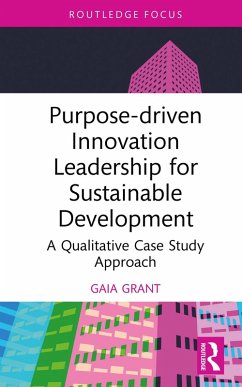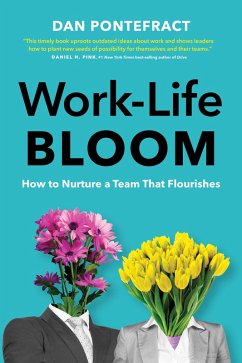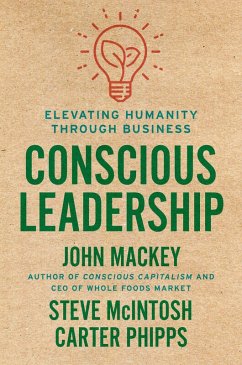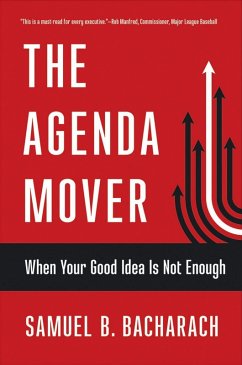
Safe to Great (eBook, ePUB)
The New Psychology of Leadership

PAYBACK Punkte
4 °P sammeln!
How do today's leaders move from playing it safe to playing for great? In a volatile time of climate crisis, global pandemics, and disruptive technologies, leaders may find themselves clinging to fear-based mindsets that favor individualism over collectivism - inadvertently controlling their teams rather than inspiring genuine commitment in them. To navigate uncertainty and seize emerging opportunities, leaders must move toward a more facilitative, enabling approach that centers on purpose before profit and the team before the individual. In Safe to Great, consultant, keynote speaker, and auth...
How do today's leaders move from playing it safe to playing for great? In a volatile time of climate crisis, global pandemics, and disruptive technologies, leaders may find themselves clinging to fear-based mindsets that favor individualism over collectivism - inadvertently controlling their teams rather than inspiring genuine commitment in them. To navigate uncertainty and seize emerging opportunities, leaders must move toward a more facilitative, enabling approach that centers on purpose before profit and the team before the individual. In Safe to Great, consultant, keynote speaker, and author Skip Bowman outlines an integrated organizational and leadership development process for implementing a growth mindset based on psychological safety. Grounded in more than 25 years of experience working with global organizations, Bowman's model unites theory and practice in a set of practicable principles designed to meet the opportunities and challenges of leading and organizing in the twenty-first century and beyond. Bowman looks to the concept of psychological safety, as described in Amy C. Edmondson's work on fearless organizations, to examine how a workplace that tolerates risk and exhibits a willingness to experiment can facilitate high levels of innovation. The tenets of a growth mindset, as popularized by Carol Dweck, also serve as a guiding philosophy: Bowman urges organizations to take a generative approach to managing people and resources, putting at least much back as they extract. In this relational model, success rests on the combined achievements and developmental growth of the collective rather than on the accumulation of power and wealth by a single executive or small group of stakeholders. Conversational in tone and packed with big hopes and uncomfortable truths, Safe to Great makes an impassioned appeal for a new standard of leadership that will move people and organizations from a place of relative comfort and little risk to a space of daring curiosity, engagement, and collaboration.
Dieser Download kann aus rechtlichen Gründen nur mit Rechnungsadresse in A, D ausgeliefert werden.




